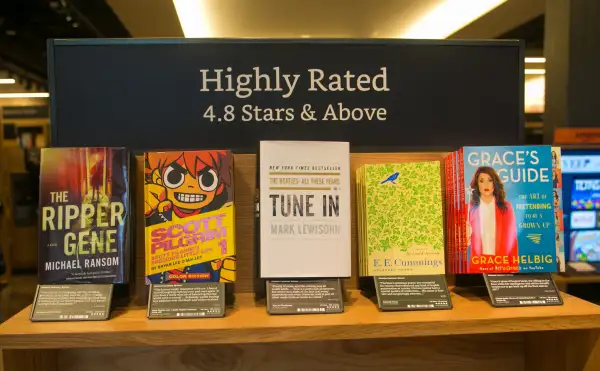People Are Writing Fake Amazon Reviews to Get Free Stuff. Here's How the Scheme Works

Here’s how the scheme works. Answer an online ad looking for independent product reviews, buy something on Amazon so that it's confirmed as a "verified purchase," give the product five stars, and get it for free. Repeat in perpetuity (or until you get caught).
Millions of third-party companies use Amazon to sell their stuff, and many of the glowing reviews that convince us to add them to our online shopping carts are totally bogus, according to a new report from BuzzFeed.
The publication interviewed a woman they call “Jessica,” a reviewer who’s spent “well over $15,000 on Amazon this year,” by snatching up — and then getting reimbursed — for–off-brand products like cooking supplies, clothes, and toys.
She can do whatever she wants with the products — keep them, sell them, give them away as gifts. As long as she gives each one a five-star review. And since she's an Amazon Prime member, she also gets about $100 in cash rewards every month.
Fake reviews are hardly new to Amazon, or e-retail in general. Amazon filed a lawsuit against more than 1,000 people who allegedly posted fake product reviews back in 2015; many of whom were operating out in the open, advertising their services on gig sites like Fiverr.com.
“User ratings provide very little insight about objective product performance,” Bart de Langhe, author of an academic study on online reviews told Money in 2016.
Today, gaming the Amazon review system is an increasingly popular practice among companies trying to cash in on search rankings — research cited in the BuzzFeed story found that just a 1-star increase in a product's rating equates to a 26% sales bump.
"Jessica" is part of a growing underbelly of reviewers who hype up products with fake personal testimony that's often designated as a “verified purchase,” by Amazon. And like much of her cohort, she’s not even that slick about it — she connects with companies selling the products she reviews through "private" Facebook groups with tens of thousands of members, BuzzFeed reports.
“I like getting stuff,” she told the publication.
Money.com reached out to Amazon to comment and did not get an immediate response.
